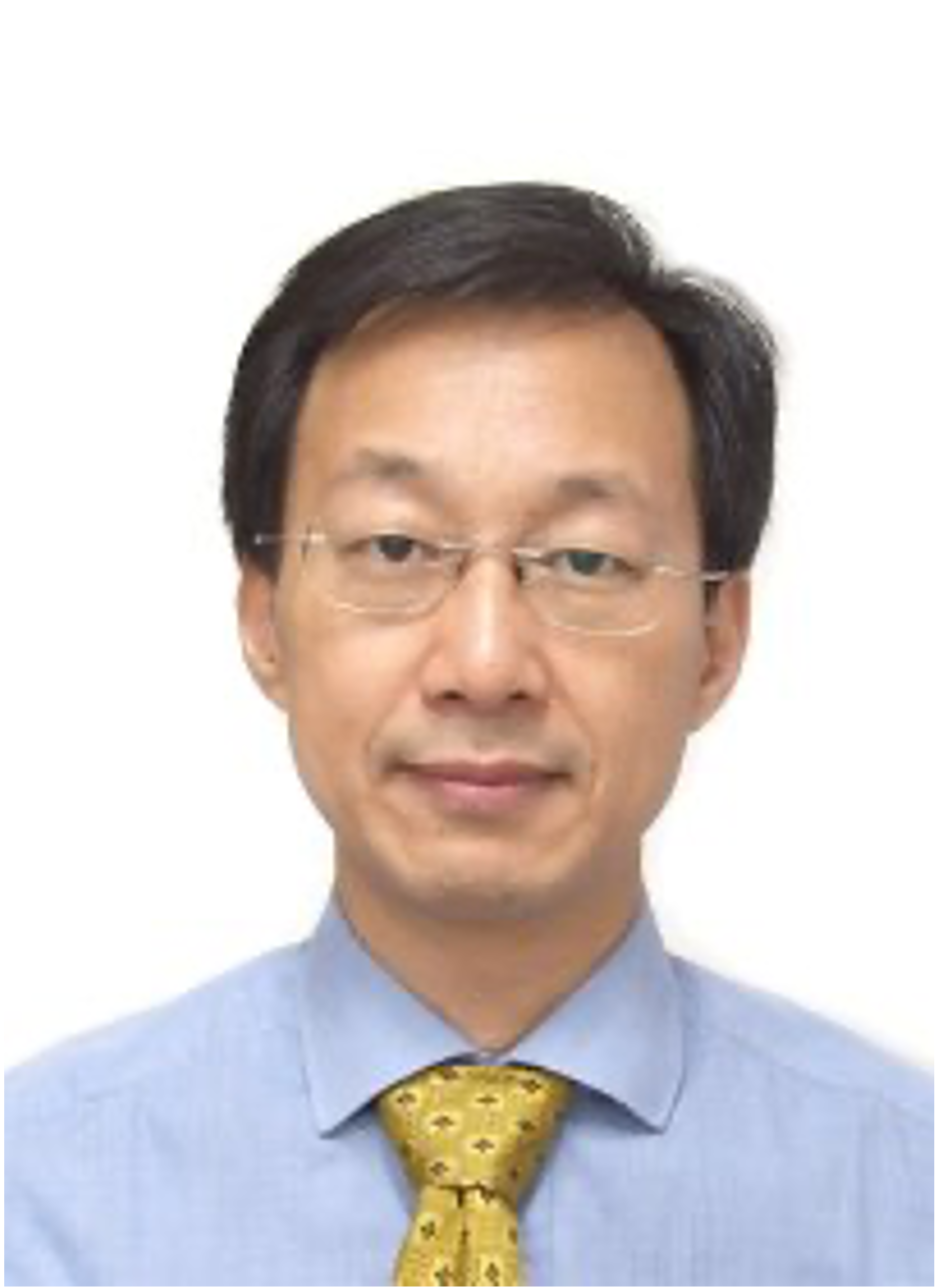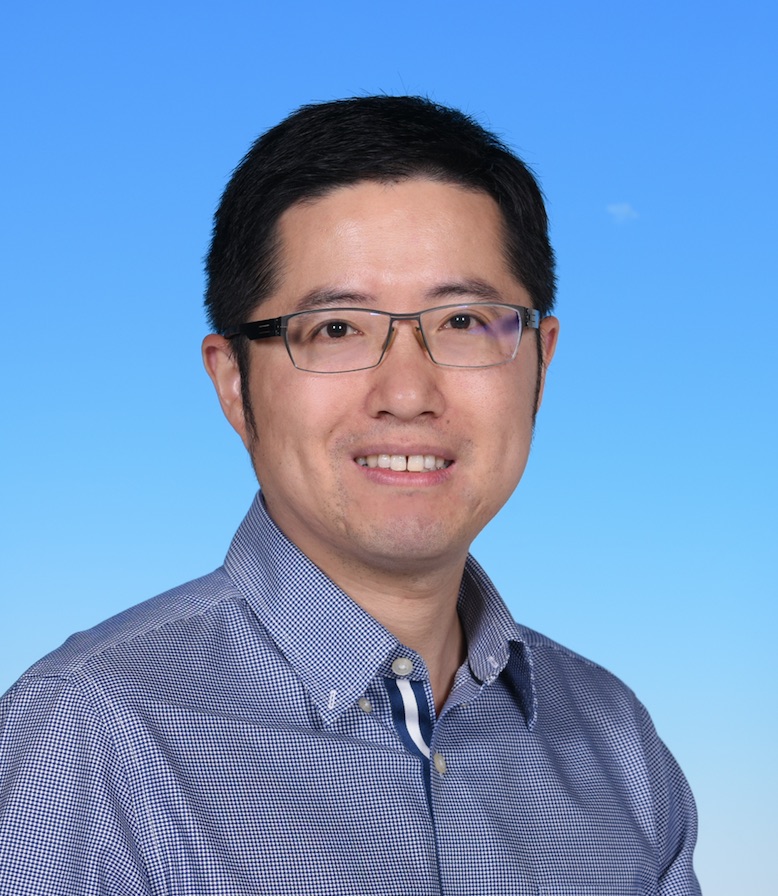Keynote Speakers
 |
Daqing Zhang
Chair Professor at Peking University Full Professor at TELCOM Sud Paris |
| Title: Continuous Daily Status Monitoring of Elders with Commodity Wi-Fi Devices | Abstract: With the ubiquitous deployment of Wi-Fi infrastructure in ordinary homes, WiFi-based contactless sensing has become an ideal way for elder care and health monitoring. While continuous daily activity monitoring has been found inaccurate and unstable using commodity Wi-Fi signals, due to well-known challenges in automatic activity segmentation and location/orientation independent activity recognition, hindering real applications of commodity WiFi-based solutions in home-based elder care. In this work, with the insight that an elder’s health status and living habits are closely related to one’s daily spatio-temporal activity patterns, we propose to build a continuous daily status monitoring system for elders using home-owned WiFi infrastructure. Specifically, we develop WiBorder – an accurate room-level localization algorithm to determine an elder’s location in real-time, and a continuous activity segmentation and identification system to report elder’s activity status, in such a way we could obtain an elder’s daily status log in the form of triple (time, location, activity) continuously and non-intrusively. By analyzing and visualizing an elder’s daily status log, we could inform an elder’s daily habits, health status, abnormal events and gradual behavior changes. |
|
Bio: Daqing Zhang has been a Chair Professor at Peking University, China and Telecom SudParis, France. His research interests include ubiquitous computing, context-aware computing, big data analytics and Intelligent IoT. He has published more than 300 technical papers in leading conferences and journals, where his work on context model and WiFi-based sensing theory is widely accepted by pervasive computing, mobile computing and service computing communities. His research work got over 21,000 citations with an H-index of 72 (according to Google Scholar). He is the winner of the Ten Years CoMoRea Impact Paper Award at IEEE PerCom 2013 and Ten Years Most Influential Paper Award at IEEE UIC 2019, the Distinguished Paper Award of IMWUT (Ubicomp 2021), Honorable Mention Award at ACM UbiComp 2015 and 2016, etc.. He served as the general or program chair for more than a dozen of international conferences, and in the editorial board of IEEE Pervasive Computing, ACM TIST and ACM IMWUT. He obtained his PhD from University of Rome “La Sapienza” and is a Fellow of IEEE.
|
|
 |
Kai Chen
Associate Professor at HKUST |
| Title: Towards a High-Performance AI Computing Platform for Smart City Applications | Abstract: Many smart city applications can be modeled as graphs, where nodes represent different entities/locations such as buildings, road intersections, districts, etc., and links consist of roads connecting these nodes. In the big data era, each node or link may involve continuous data streams. Advanced machine learning techniques are instrumental in mining inherent patterns in such dynamic data streams for making predictions. Computational efficiency and prediction accuracy are fundamental requirements for a machine learning framework to effectively support smart city applications such as traffic optimization and urban planning. In this talk, I will introduce the efforts we made towards building a high-performance AI computing platform for smart city applications. We use Hong Kong as our target, and introduce how to address the challenges from different aspects, including data scarcity, algorithm limitation, and computing inefficiency. |
|
Bio: Kai Chen is an Associate Professor of HKUST, Director of intelligent Networking and Systems Lab (iSING Lab) and HKUST-WeChat joint Lab on Artificial Intelligence Technology (WHAT Lab), and Vice-President of Hong Kong Society of Artificial Intelligence & Robotics (HKSAIR). He received his BS and MS from University of Science and Technology of China in 2004 and 2007, and PhD from Northwestern University in 2012, respectively. His research interests include Data Center Networking, Machine Learning Systems, and Privacy-preserving Computing. His work has been published in various top venues such as SIGCOMM, NSDI and TON, etc., including a SIGCOMM best paper candidate. He is the Steering Committee Co-Chair of APNet, serves on Program Committees of SIGCOMM, NSDI, INFOCOM, etc., and Editorial Boards of IEEE/ACM Transactions on Networking, Big Data, and Cloud Computing.
|
 |
Chuishi Meng
Director of Innovative Products Group of JD iCity |
| Title: Urban Computing: Building Intelligent Cities with Big Data and AI | Abstract: Urban computing is a process of acquisition, integration, and analysis of big and heterogeneous data in cities to tackle urban challenges, e.g. air pollution, energy consumption and traffic congestion. Urban computing connects sensing technologies, data management and AI models, as well as visualization methods, to create win-win-win solutions that improve urban environment, human life quality and city operation systems. This talk presents the vision of urban computing in JD group, introducing the urban big data platform (JD Urban Spatio-Temporal Data Engine, aka JUST, http://just.urban-computing.com) and a general design for intelligent cities. Please review more information through the website: http://icity.jd.com/. |
| Bio: Dr. Chuishi Meng, currently leads the Innovative Products group at JD Intelligent City Business Unit, where he is in charge of the development of innovative and data-driven products. He received his Ph.D. degree from the Department of Computer Science and Engineering at State University of New York at Buffalo in 2018. His research mainly focuses on Urban Computing, Spatio-temporal Data Mining, Social sensing and etc. He has published over 14 research papers in refereed journals and conferences (e.g., SIGKDD, SIGSPATIAL, SenSys, BigData, UbiComp and etc.). | |